Podcasts
Write your awesome label here.
Another Brick in the Wall
Effective investigative interviewing relies on understanding the elements of an offense / violation—people, locations, actions, speech and thought, objects, and times. The bricks to build your investigation. Focusing on these ensures questions are structured, relevant, and legally sound, supporting reliable, ethical, and thorough fact-finding.
Write your awesome label here.
"Track 2 - London Calling" Visiting PLAT
Harry Beck’s simplified 1933 London Underground map illustrates the value of clarity in investigative interviews. Using the PLAT framework—People, Locations, Actions, and Time—interviewers will systematically collect complete, reliable details. A journey across London’s landmarks demonstrates this approach, emphasizing the need to review notes to ensure all objectives are met for effective, structured interviews.
Write your awesome label here.
Goals and Objectives in your Investigative Interview
Setting goals and objectives using the PLAT framework—People, Location, Actions, and Time—before an interview ensures a focused, comprehensive approach that supports gathering complete, reliable information while helping you remember all important topics during the conversation.
Write your awesome label here.
The Cognitive Interview: Enhancing Interviewee recall and well-being
Fisher and Geiselman (2010) highlighted the Cognitive Interview as a more effective and humane method, improving victim and witness recall while promoting victim dignity and well-being through open-ended, rapport-based techniques.
Write your awesome label here.
Investigations:
The Fragile Room
An investigation episode to illustrate the importance of proper methods in any investigation
Write your awesome label here.
The SUE Technique: The New Lie Detector
An overview of the SUE technique. Strategic Use of Evidence. See the research in our Research Articles Section.
Write your awesome label here.
The Liars Sketch
An overview of three different methods of gathering information. The Free Recall, the Detailed Map, Hand Drawn Sketch. Research Article is in our Research Article Section.


